“Let me tell you about the very rich. They are different from you and me,” F. Scott Fitzgerald wrote in his 1926 short story “The Rich Boy.”
Let us count the ways.
British billionaire Richard Branson flew in his own space plane recently to the “invisible boundary between the planet’s atmosphere and outer space” where the space tourist spent a few moments “basking in the sensation of weightlessness.”
The flight was hyped to the hilt, as only cable television can do, and while the stunt was celebrated as a space travel break through with hints of science it was really about money and the strange American obsession with too much of it. Branson’s trip, journalist Marina Koren wrote, “brings us closer to an era in which rich thrill seekers with bucket lists, not government-backed astronauts, make up the largest group of people who’ve been to space.”
If you want to ride with Sir Richard plan on winning the lottery. A ticket on Virgin Galactic will set you back a quarter of a million dollars. No word on the quality of the in-flight snacks.
Jeff Bezos, the world’s richest man, is next into near space in his own craft. A joy ride with the Amazon emperor is reported to cost even more than a near space hop with Branson.
Meanwhile, “summer camp for billionaires,” the annual Allen and Co. shindig in Sun Valley, Idaho, recently attracted a guest list with an estimated net worth of a trillion dollars. This is the place where big media and tech mergers are hatched and where guys like Mark Zuckerberg and Bill Gates fly in on the dozens of corporate jets that make the little airport in nearby Hailey look like a used plane lot for Falcon 50’s. One of those nine passenger wonders will, by the way, set you back $15 million.

You can contemplate the excess of this billionaire carbon footprint while pondering why the Pacific Northwest climate is producing record heat and some of the earliest, most catastrophic fires on record. There are no coincidences.
The Allen event, as Hamilton Nolan wrote in The Guardian, “is the wondrous model of American capitalism in action – a tiny handful of wealthy people eat cake, and an entire nation gathers downstream, hoping to snatch up a few falling crumbs.”
A bit harsh, perhaps. Yet, it is also true that while a lot of us are happy to just be doing reasonably well after 18 months of a pandemic, the Sun Valley crowd never missed a beat even as many, many Americans took a beating. According to one analysis, the world’s 2,365 billionaires saw their net worth increased by 54% during the first twelve months of the pandemic.
The rich are different. Very different. Among other things, and unlike most of the rest of us, they don’t pay taxes. The income tax structure, written by politicians beholding to people with great fortunes and who also aspire to have their own great fortunes, rig the system to benefit the wealthiest people in our society.
Since there are no coincidences, the timing of the recent Biden Administration executive order – all executive orders these days are “sweeping” – aimed at enhancing business competition and giving consumers more say was issued while America’s billionaires huddled in Idaho’s Wood River Valley.
Historian Nelson Lichtenstein said Biden’s executive action “returns the United States to the great antimonopoly tradition that has animated social and economic reform almost since the nation’s founding. This tradition worries less about technocratic questions such as whether concentrations of corporate power will lead to lower consumer prices and more about broader social and political concerns about the destructive effects that big business can have on our nation.”
It’s about time. Here is one issue the right and the left should be able to unite around: bigness is very often bad for little people.
It’s mostly been forgotten in the sweep of the last hundred years of history, but American politicians from both parties once opposed monopoly, concentrated economic and political power and the accumulation of vast wealth. In 1927, legislatures in Maryland, Georgia, North Carolina, and Pennsylvania passed laws taxing chain stores.
The theory behind the tax was simple. Local, independently owned retail establishments were good. They were connected to their communities. They created value for their owners, employees and customers. The money stayed close to where it was generated. You wonder what those politicians would have thought of Bezos’s creation.
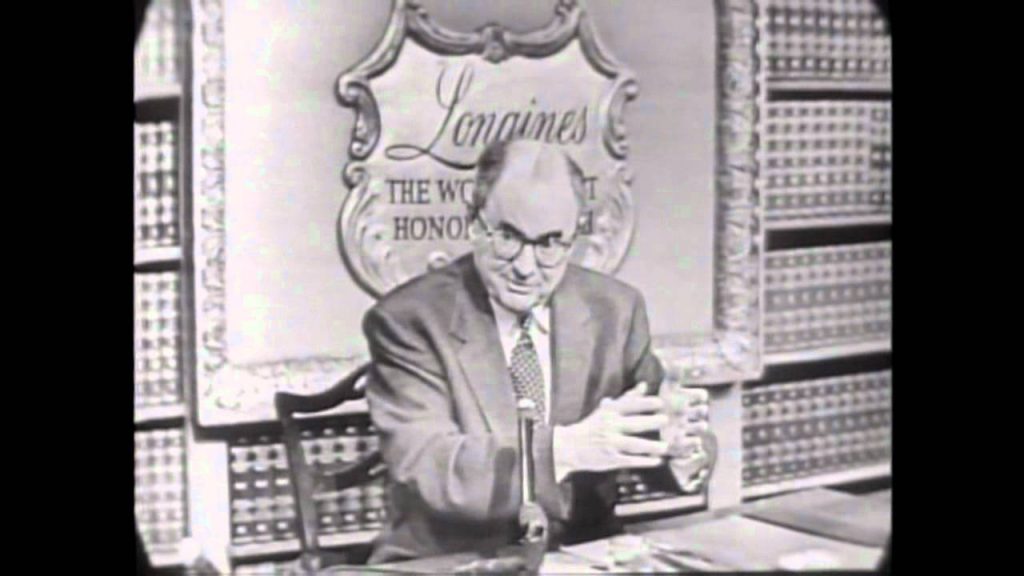
Politicians like Congressman Wright Patman of Texas once tried to break up big banking concentrations. Congress passed landmark legislation in 1935 tearing down the corrupt holding company structure of the always monopolistic electric utility industry. Great wealth – the Mellons, the Rockefellers and such – were taxed, and I mean really taxed.
But the rich are different, after all. The five biggest U.S. banks now control nearly half of the industry’s total assets. Warren Buffett’s holding company has been one of the biggest beneficiaries of the destruction during the second Bush Administration of the last remaining elements of the utility holding company legislation. Biden’s plan to modestly increase taxes on Americans making more than $400,000 a year has been hooted down amid cries that such audacity will usher in, wait for it, socialism.
Socialism must have thrived during the Eisenhower Administration in the 1950’s since Ike presided over a 90 percent tax rate for the super-rich.
There are many and varied reasons why many younger Americans have trouble paying for college, can’t afford to own a home and struggle to more than barely get by, but the vast concentration of wealth in the hands of a handful of Americans is surely a contributing factor. Even a modest redistribution of the concentrated wealth of the richest Americans could power transformation on climate, infrastructure and education, just for starters.
We live in a new Gilded Age, populated by billionaire space cowboys and the hedge fund super wealthy. Biden has the right idea: save capitalism by insisting on more competition, tax the greatest wealth, create real economic opportunity by making the tax code work for people not named Bezos or Zuckerberg.
As the historian T.J. Stiles said of one of the first great American tycoons, Cornelius Vanderbilt, the railroad and shipping magnate, amassed economic power in the 19th Century “to rival that of the state.” The state – and the people – pushed back. It’s past time to do it again.
What better metaphor for private wealth rivaling the power of the state than two multi-billionaires launching a vanity project to send themselves into space? If you have that much money, you really are different, and you have too much.
—–0—–
Additional Reading:
If you are interested in some additional reading material here are a few items that I found interesting…
Billionaire Playbook: How Sports Owners Use Their Teams to Avoid Millions in Taxes
A companion piece to my column this week. It really is a scandal.
“IRS records obtained by ProPublica show the Clippers have reported $700 million in losses for tax purposes in recent years. Not only does [owner Steve] Ballmer not have to pay tax on any real-world Clippers profits, he can use the tax write-off to offset his other income.”
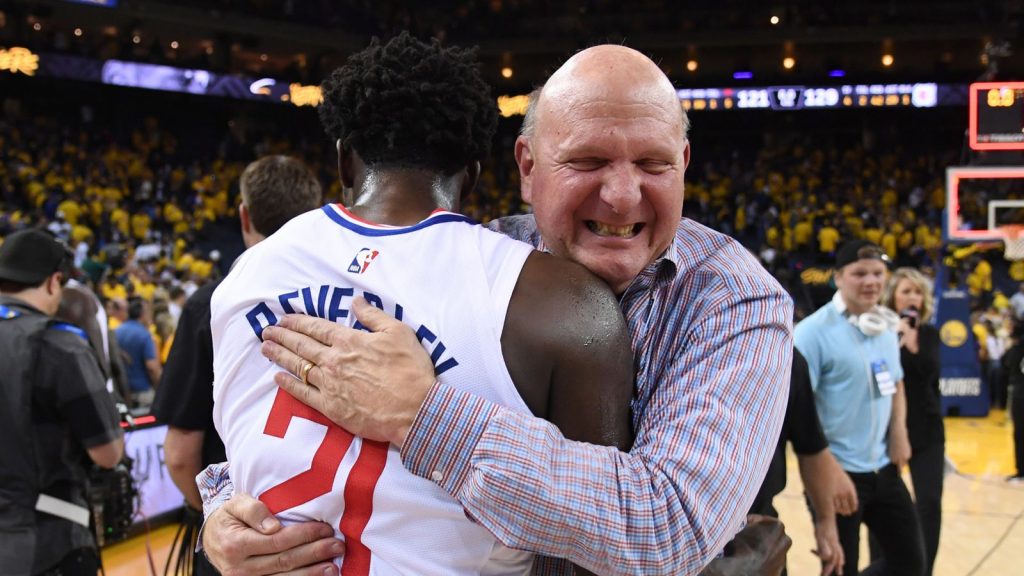
Nice work if you can get it. Read the full piece:
The death of American democracy (explained)
A really solid piece here from The Daily Montanan.
“If you want to know at what point America’s democracy started to die, experts say 2016 seems like a logical point: With nearly a year to go until his term expired, President Barack Obama’s attempt at appointing a Supreme Court justice failed when the Republican-controlled Senate vowed to block any nominee.
“Steven Levitsky and Daniel Ziblatt, both professors at Harvard University, said that even after the tumultuous Donald Trump presidency, democracy is in a recession that started before and will last until after the forty-fifth president.”
How Tucker Carlson became the voice of White grievance
A must read piece on the Fox News host. The guy comes from a tony, privileged background, but has become the leading voice of white grievance on the political right. Frankly, some of the detail in this Washington Post story will make your eyes water.
“Carlson, in his writings and commentaries, has described resentment toward liberals as far back as the first grade. He has frequently ridiculed the notion that America should celebrate diversity and has lashed out repeatedly at the idea that he, as a White person, bears any responsibility for racism against Black people.
“Several people who have interacted with him over the years say they don’t know what he really believes, but they say they are increasingly troubled by his influence as what one of his former mentors described as a ‘very talented demagogue.'”
When a Black boxing champion beat the ‘Great White Hope,’ all hell broke loose
The story of the first Black heavyweight boxing champion, Jack Johnson, is one of the important stories of 20th Century sports – and culture.
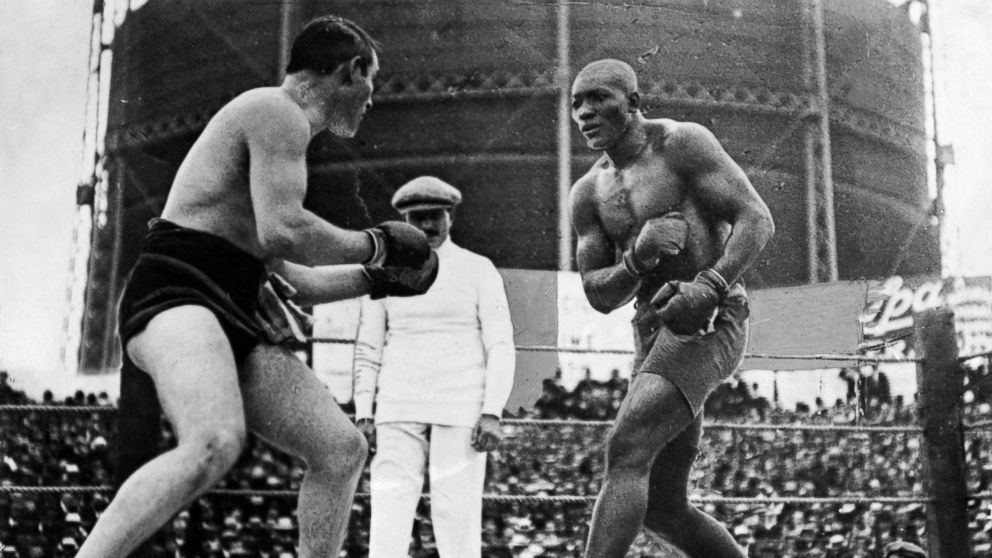
“No white boxer could defeat Johnson in the ring, so white America worked to defeat him outside the ring. Johnson was arrested in 1912 and charged with violating the Mann Act, which made it illegal to transport women across state lines ‘for the purpose of prostitution or debauchery, or for any other immoral purpose.’ He served 10 months in federal prison.
“Whites responded to Johnson’s triumph by using violence to keep Blacks in their place by any and all means. When Black construction workers celebrated Johnson’s victory near the town of Uvalda, Georgia, whites began shooting. As the Blacks tried to escape into the woods, the whites hunted them down, killing three and injuring five.”
To understand our country you must work to understand the history of race in America. This story is important.
Thanks for reading. Stay safe out there.

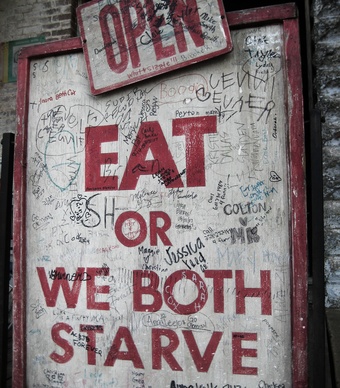
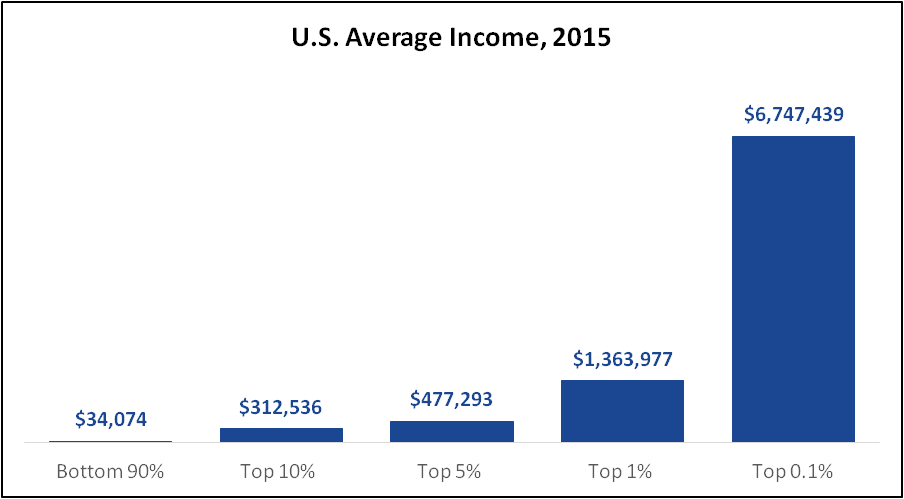
 While Trump touted the creepy Roy Moore – the
While Trump touted the creepy Roy Moore – the 




















